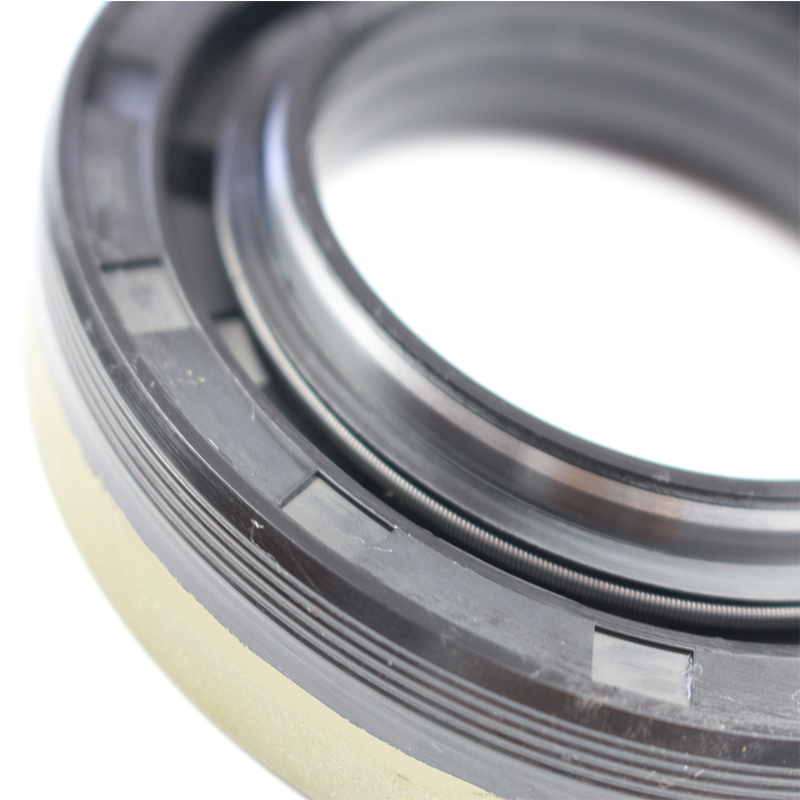Choosing the Right Engine Oil Seals for Optimal Performance and Longevity
Understanding Engine Oil Seals Their Importance and Maintenance
Engine oil seals are crucial components of an internal combustion engine, serving to prevent engine oil from leaking out and contaminants from entering the engine. Often made of rubber, elastomer, or other flexible materials, these seals ensure the longevity and efficiency of an engine by maintaining the proper levels of lubrication necessary for optimal performance.
The Role of Engine Oil Seals
Oil seals are strategically placed around various parts of the engine. Key locations include the crankshaft, camshaft, and transmission. Each seal works to contain oil within the engine’s lubrication system. This is vital as it not only prevents oil loss, which can lead to engine damage, but also protects the engine from foreign particles that could cause wear and tear.
When functioning correctly, oil seals create a tight barrier, allowing the engine to maintain its necessary oil pressure. A well-lubricated engine runs smoother, which enhances performance and increases fuel efficiency. This is especially significant in high-performance vehicles, where even minor oil leaks can lead to serious operational issues.
Common Signs of Worn Oil Seals
Over time, oil seals can wear out, crack, or become brittle due to exposure to heat, oil, and environmental conditions. Some common signs of worn oil seals include
engine oil seals

1. Oil Leaks The most apparent sign is visible oil pooling under the vehicle. If you notice oil dripping from the engine or transmission area, it may be a sign that one or more oil seals are damaged. 2. Increased Engine Noise When oil levels drop due to leaks, the engine may begin to make unusual noises, indicating that components are not being adequately lubricated. 3. Burning Smell If the oil leaks onto hot engine parts, it can produce a burning smell, signaling potential engine damage. 4. Oil Pressure Warning Light An illuminated oil pressure warning light on your dashboard can indicate that oil levels are low, possibly due to a failing seal.
Maintenance and Replacement
Regular maintenance is crucial to prolonging the life of engine oil seals. Routine oil changes and inspections can help identify potential issues before they lead to severe engine problems. Mechanics typically check seals during oil changes or tune-ups, ensuring they are in good condition.
Replacing worn or damaged seals is essential. While they may seem minor, neglected oil seals can lead to significant engine repairs or even total engine failure. It’s advisable to consult a professional mechanic if you suspect any issues with your oil seals.
Conclusion
In summary, engine oil seals play an indispensable role in the overall health and performance of a vehicle’s engine. Regular maintenance, along with keen awareness of warning signs, can help vehicle owners avoid costly repairs and ensure that their engines continue to run efficiently. Understanding the function and importance of oil seals is essential for all vehicle owners, as well as those interested in automotive maintenance and repair. Keeping your engine well-lubricated will not only enhance performance but also extend the engine's life, making attention to these small but mighty components a priority.
-
Understanding the Front Main Engine Seal: Purpose, Maintenance, and Installation
News Jul.29,2025
-
Understanding O-Rings and Seal Rings: Types, Applications, and Custom Solutions
News Jul.29,2025
-
Understanding Crankshaft Oil Seals: Rear Seals, Pulley Seals, and Their Role in Engine Integrity
News Jul.29,2025
-
The Importance of Front and Rear Crankshaft Seals in Engine Performance and Oil Management
News Jul.29,2025
-
Crank Oil Seals: Functions, Types, and Cost Considerations in Engine Maintenance
News Jul.29,2025
-
A Comprehensive Guide to O-Rings and Seals: Types, Materials, and Global Applications
News Jul.29,2025
-
Mastering Diesel and Performance Engine Maintenance: A Guide to Critical Oil Gaskets
News Jul.28,2025
Products categories















